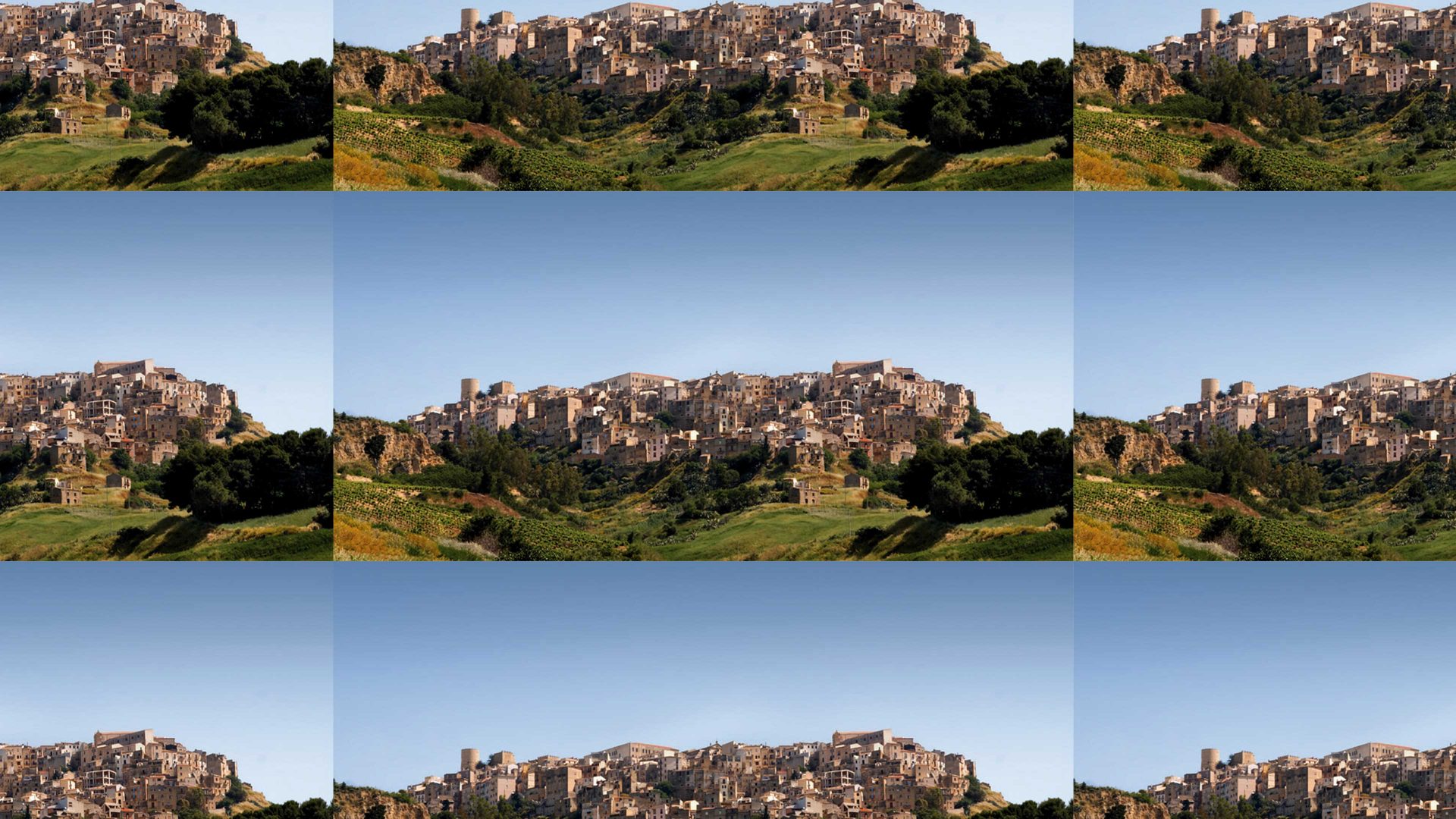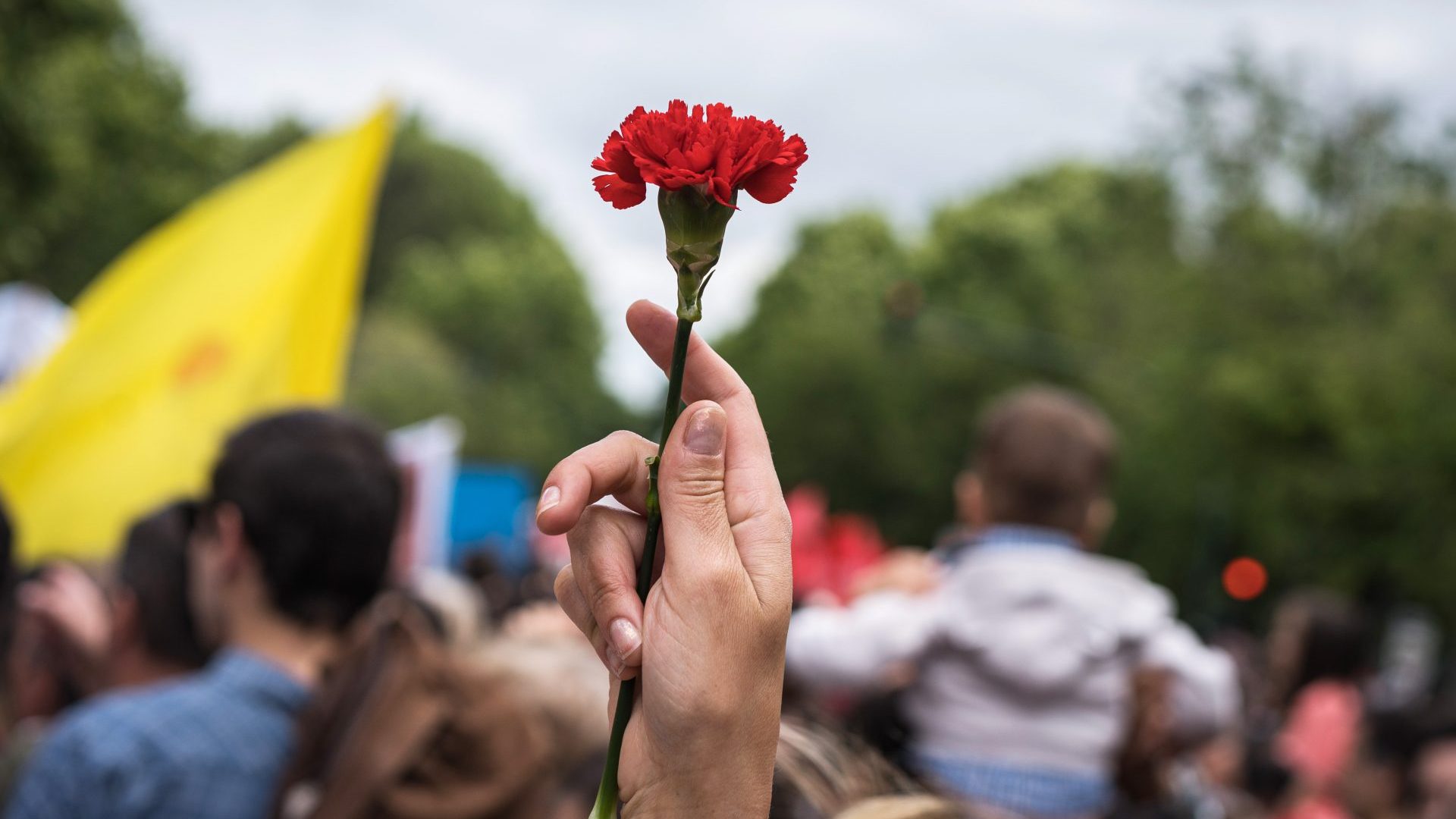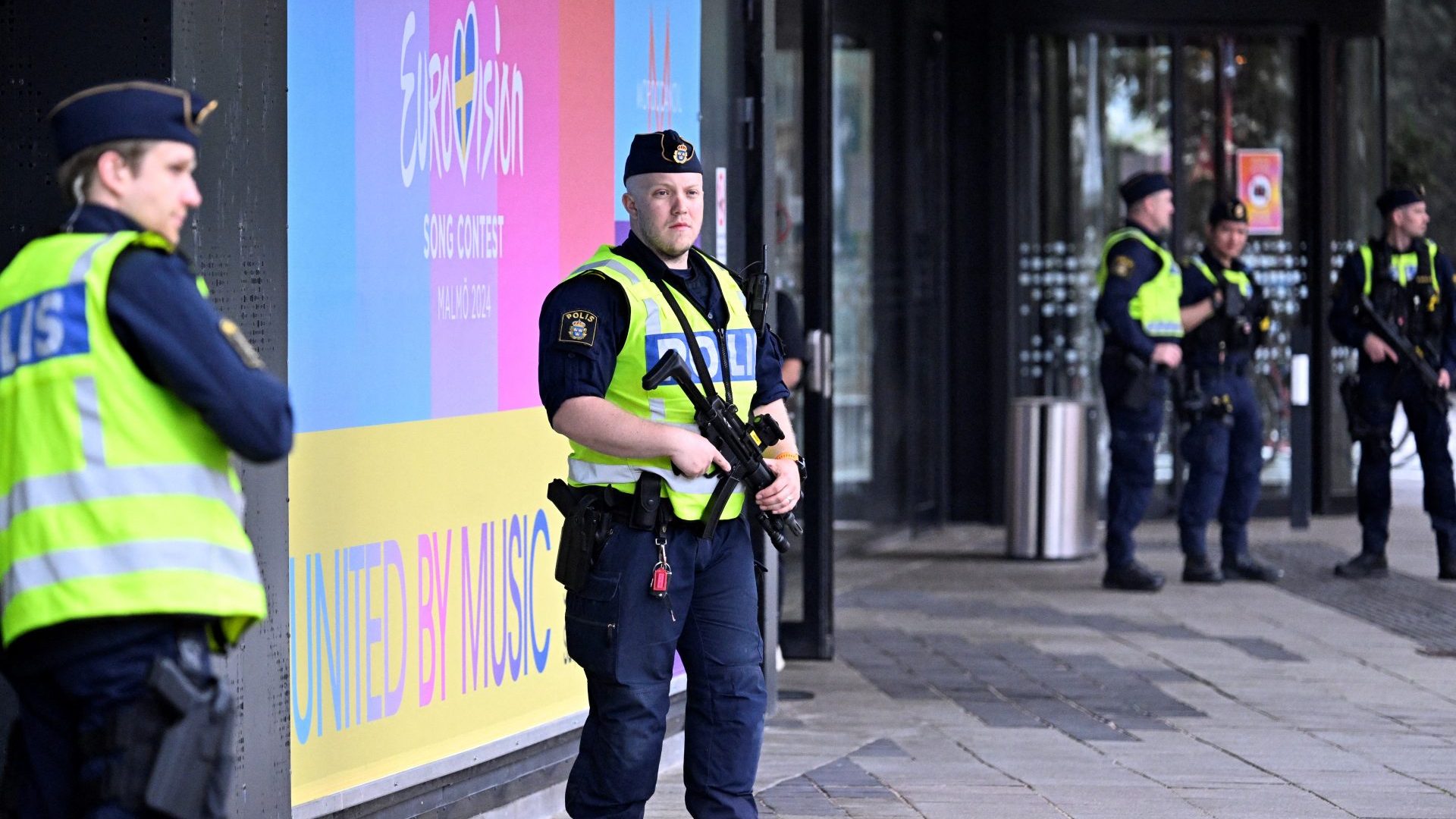When I think of capital cities, my mind tends to veer towards sprawling, polluted metropolises, full of frantic people rushing around to catch their trains. It hurtles straight towards 24/7 cities such as the Big Smoke and the Big Apple.
What it does not veer towards is a remote Italian town where shops close for lunch, buildings are crumbling and the train station takes 20 minutes to reach by car. That’s precisely what I stumbled on when I visited Salemi, a south-western Sicilian town that claims to be the first capital of Italy. Never has a title looked so out of place or mismatched. Salemi currently has a population of 10,000. I imagine the population would have been even smaller over a hundred years ago, when it claimed to be the nation’s capital.
This placid hilltop location was once where the Italian general and former deputy of the Kingdom of Italy, Giuseppe Garibaldi, wanted to base his administration during the 19th-century unification of Italy. The Hero of the Two Worlds (Garibaldi’s nickname) proclaimed Salemi as Italy’s capital in the town’s centrally located Piazza Dittatura on May 14 1860. According to local legend, he then raised the tricolour flag at Salemi Castle, which was to be ruined by an earthquake in 1968.
The proclamation was short-lived. Salemi’s status as capital lasted a mere 24 hours before being transferred to Turin. And yet the pride its residents feel about Salemi being Italy’s first capital is immeasurable.
“Yes of course it was our first capital,” my host, Nicola, told me when he came to collect me from the train station. He seemed to find the question odd, as if I really should have known. “People say it was Turin, but it was actually my home.”
“There are so many things to see and do in Salemi,” he continued. “There’s the castle, there are bars, there are museums. Of course Garibaldi claimed it as Italy’s first capital.”
Nicola comes from a family who have lived in the area for four generations. They have businesses including supermarkets, bars, and bed and breakfasts dotted all around the town centre. I was welcomed to my bed and breakfast by his grandfather, now in his 90s and who, like his grandson, took great delight in his hometown’s prestigious past.
“Our history is amazing – I feel proud to have been raised here and live here,” he told me with a smile on his face.
As I was walking up the hill to the museum, I passed Piazza Dittatura expecting to find a monument to Garibaldi – but there was nothing.
Nevertheless, there was a whole museum dedicated to Garibaldi in Salemi’s museum complex, which contains four separate museums. At the entrance was a bronze plaque citing Salemi as the first capital of Italy, as well as paperwork and newspaper cuttings of Garibaldi’s visit.
“It’s quite fascinating when you think about it,” a museum guide named Veronica told me. “We aren’t a big place at all, but there’s a huge story here, which makes it even better.”
Much like Nicola, she was adamant that Turin was not the first capital of Italy.
“It’s not the truth, what a lot of current history books say. But we should not be forgotten even if we are small and even if we weren’t capital for long, because it’s history and it happened,” she said.
“We will always remember.”
Jessica Lionnel is a freelance journalist based in Rome
When I think of capital cities, my mind tends to veer towards sprawling, polluted metropolises, full of frantic people rushing around to catch their trains. My thoughts inevitably hurtle straight towards 24/7 cities such as the Big Smoke and the Big Apple.
What it does not veer towards is a remote Italian town where shops close for lunch, buildings are crumbling and the train station takes 20 minutes to reach by car. That’s precisely what I stumbled on when I visited Salemi, a south-western Sicilian town that claims to be the first capital of Italy. Never has a title looked so out of place or mismatched. Salemi currently has a population of 10,000. I imagine the population would have been even smaller over a hundred years ago, when it claimed to be the nation’s capital.
This placid hilltop location was once where the Italian general and former deputy of the Kingdom of Italy, Giuseppe Garibaldi, wanted to base his administration during the 19th-century unification of Italy. The Hero of the Two Worlds (Garibaldi’s nickname) proclaimed Salemi as Italy’s capital in the town’s centrally located Piazza Dittatura on May 14 1860. According to local legend, he then raised the tricolour flag at Salemi Castle, which was to be ruined by an earthquake in 1968.
The proclamation was short-lived. Salemi’s status as capital lasted a mere 24 hours before being transferred to Turin. And yet the pride its residents feel about Salemi being Italy’s first capital is immeasurable.
“Yes of course it was our first capital,” my host, Nicola, told me when he came to collect me from the train station. He seemed to find the question odd, as if I really should have known. “People say it was Turin, but it was actually my home.”
“There are so many things to see and do in Salemi,” he continued. “There’s the castle, there are bars, there are museums. Of course Garibaldi claimed it as Italy’s first capital.”
Nicola comes from a family who have lived in the area for four generations. They have businesses including supermarkets, bars, and bed and breakfasts dotted all around the town centre. I was welcomed to my bed and breakfast by his grandfather, now in his 90s and who, like his grandson, took great delight in his hometown’s prestigious past.
“Our history is amazing – I feel proud to have been raised here and live here,” he told me with a smile on his face.
As I was walking up the hill to the museum, I passed Piazza Dittatura expecting to find a monument to Garibaldi – but there was nothing.
Nevertheless, there was a whole museum dedicated to Garibaldi in Salemi’s museum complex, which contains four separate museums. At the entrance was a bronze plaque citing Salemi as the first capital of Italy, as well as paperwork and newspaper cuttings of Garibaldi’s visit.
“It’s quite fascinating when you think about it,” a museum guide named Veronica told me. “We aren’t a big place at all, but there’s a huge story here, which makes it even better.”
Much like Nicola, she was adamant that Turin was not the first capital of Italy.
“It’s not the truth, what a lot of current history books say. But we should not be forgotten even if we are small and even if we weren’t capital for long, because it’s history and it happened,” she said.
“We will always remember.”
Jessica Lionnel is a freelance journalist based in Rome




